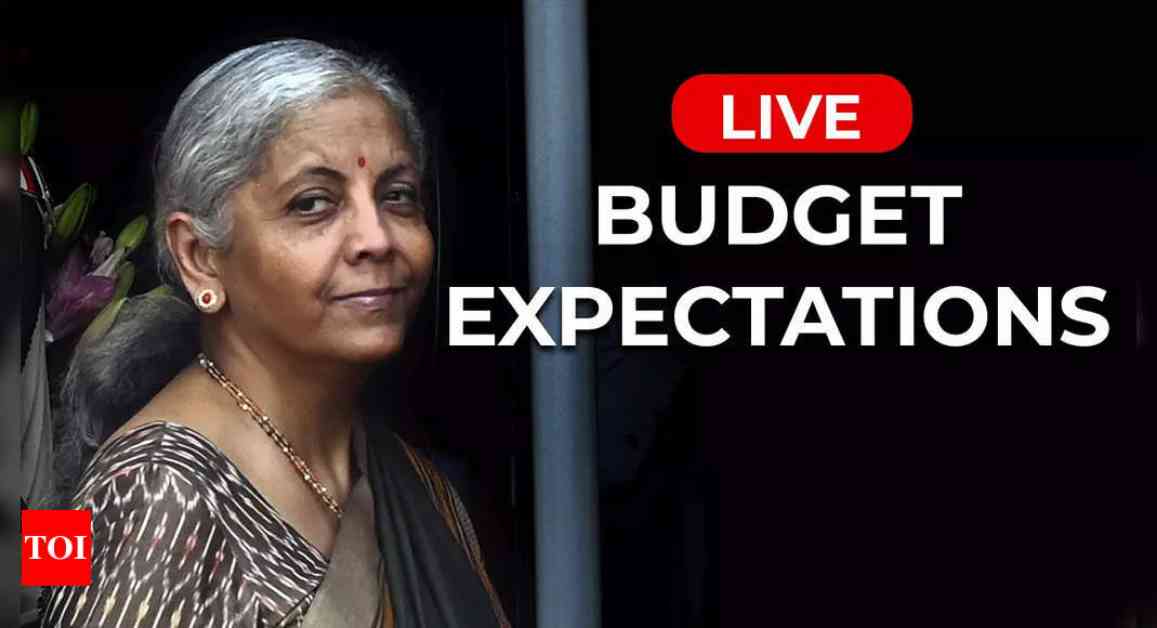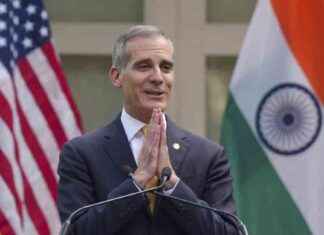As the Union Budget 2025 approaches, anticipation and speculation are rife across various sectors. The budget, to be presented by Finance Minister Nirmala Sitharaman on February 1, 2025, is expected to reveal the government’s financial blueprint for the upcoming fiscal year. This pivotal moment in India’s economic calendar is a crucial opportunity for stakeholders across industries to voice their expectations and concerns.
Income Tax Expectations: Potential Changes in the New Tax Regime
One of the key areas of focus leading up to Budget 2025 is the potential changes in the income tax regime. Since the introduction of the new tax regime as an optional choice in FY 2020-21, there have been several adjustments to make it more enticing for taxpayers. Revisions such as increased standard deductions and alterations in employer contributions to the NPS have swayed a significant portion of taxpayers towards the new regime.
However, there is a growing expectation that the government may consider phasing out the old tax regime in the upcoming budget. With approximately 72% of taxpayers already opting for the new regime, a gradual sunset of the old regime could be on the horizon. This move could provide clarity and direction for taxpayers, especially those with higher rental incomes or specific tax-saving investments.
Renewable Energy Sector Expectations: Push for Expansion and Innovation
The renewable energy sector is poised for significant growth in Budget 2025. With India’s total renewable energy capacity reaching 214 GW as of December 2024, a renewed focus on financial incentives and domestic manufacturing is essential. The sector’s progress, particularly in solar energy, underscores the country’s commitment to clean energy.
To sustain and accelerate this momentum, targeted measures such as continued support for production-linked incentive schemes and infrastructure development are crucial. These initiatives will not only drive private sector participation and innovation but also enhance India’s manufacturing capabilities. Strengthening the renewable energy landscape is not only critical for achieving sustainability goals but also for positioning India as a global leader in the transition to clean energy.
Digital Transformation Expectations: Emphasis on Cybersecurity and Emerging Technologies
As India stands at the threshold of a digital revolution, the upcoming budget is expected to prioritize cybersecurity and emerging technologies. With a focus on secure digital infrastructure, investments in cybersecurity frameworks, and initiatives to combat evolving threats like deepfakes are essential. The government’s commitment to 5G and future telecom technologies will enable businesses to adopt advanced fraud detection systems and technologies, ensuring a safe digital ecosystem.
Strategic investments in artificial intelligence (AI) and regulations to address ethical, privacy, and security challenges are critical for responsible innovation. By embedding proactive governance in digital advancements, India can foster innovation, drive economic growth, and solidify its position as a leader in emerging technologies and sustainable development.
Expert Insights: Voices from Industry Leaders
Industry experts emphasize the need for policies that foster innovation, support skill development, and drive technological advancements. They stress the importance of strategic investments in research and development, digital infrastructure, and advanced technologies to propel India’s growth trajectory. By focusing on industry-centric skill development programs, bolstering the tech sector, and prioritizing renewable energy initiatives, the budget can pave the way for a resilient and inclusive economy.
The Road Ahead: Anticipation and Optimism
As the countdown to Budget 2025 continues, stakeholders across sectors await the government’s financial roadmap with anticipation and optimism. The budget session, set to commence on January 31, marks a crucial juncture for India’s economic landscape. With expectations high and challenges looming, the budget’s unveiling on February 1 will set the stage for the country’s economic trajectory in the coming fiscal year.























